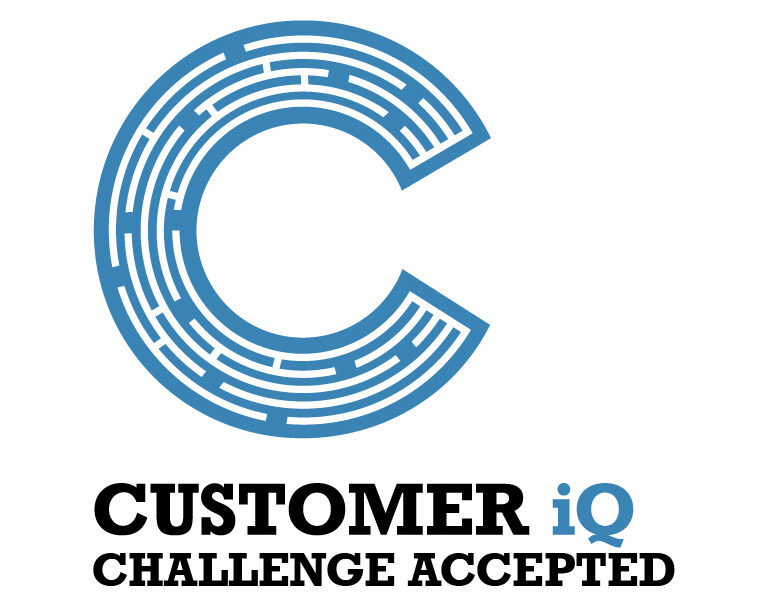A big topic.
A quick gripe before I get started as I often wonder why we refer to ‘customer’ discovery, then spend the rest of time talking about ‘users’? I really discourage use of the term ‘user’. It’s disrespectful, it’s reductive – treats what are real people as just numbers. So I would suggest you don’t have users, you have customers because each customer has a set of needs, motivations and ambitions. That’s the kind of thing worth investing in.
(The word ‘Consumer’ is another big bug bear but this all sounds like another post for another day).
In the beginning
Steve Blank is credited with coining the phrase ‘customer discovery’, as part of his pioneering work in customer development and the lean startup method. I feel that in it’s earliest and likely it’s purest form, customer discovery relates to testing a founders early hypotheses with potential customers in order to establish a level of validation in an idea. So a very early phase of work before solutions are developed and products built.
Present day
Fast forward to now, my take on customer discovery has developed to a wider meaning. But it’s still very easy to understand; you’re literally discovering more about your customers (and in doing so building up your customer iq!). As I see it, the breadth of this discovery includes:
- Who they are – their profile going beyond simple demographics
- What are their needs in relation to the problems they’re facing?
- What motivates them?
- What are their interests?
- What triggers them to take action?
- For the problem you’re aiming to solve, how often to they experience it? Just how painful is it? How do they go about fixing it? How keen they are in finding a (and paying for ) a better solution?
- What attitudes and beliefs they hold?
- How do they react to a new concept or proposition (response to stimulus)?
- How do they perceive the sector, your brand, your competitors?
- Why do they buy from you, why do they not (yet)?
- Why do they buy from your competitors?
- How they like to receive new information, what media they trust and rely on?
Plus a whole lot more questions that you might have to help you develop your business offer, your product, your marketing. So it’s much broader than user testing, which might be about testing a very specific set of features on an MVP.
Applying this to your startup/scale-up
So, hey, try squeezing that list of questions all that into a half hour or 45 minutes interview! Actually, no don’t.
Your specific need for customer discovery right now – and the specifics of what you need to find out – will relate to the stage your business is at, ie:
Pre-launch
- Ideation – use customer insight to help you create ideas for a solution
- Concept/proposition – get crucial feedback on a range of concepts to help figure out which might fly
Post launch
- Finding early product market fit – get a sense of how your product or service is being received and how it can be developed further
- Scaling – discover new target customers as you transition to early adopters to early and mid mainstream
- New markets, new segments – finding 2nd, 3rd, Xth product market fit
So, as I see it, customer discovery is more or less a constant activity. You deploy it as often as you can in order to gain validation and confidence to continue or to subtly change direction. Use it to identify new opportunities – quite literally you’re unearthing pure gold.
It can seriously support your chances of success at all stages of your growth. When done well and often enough, it ought to negate the need for a significant pivot in the business (because the real cost of a pivot should be better understood and avoided imho).











